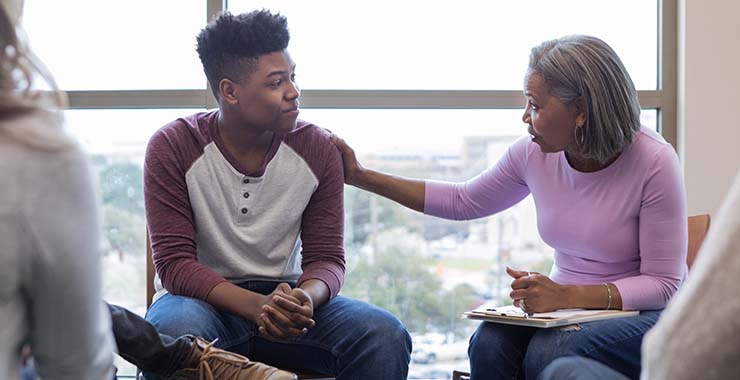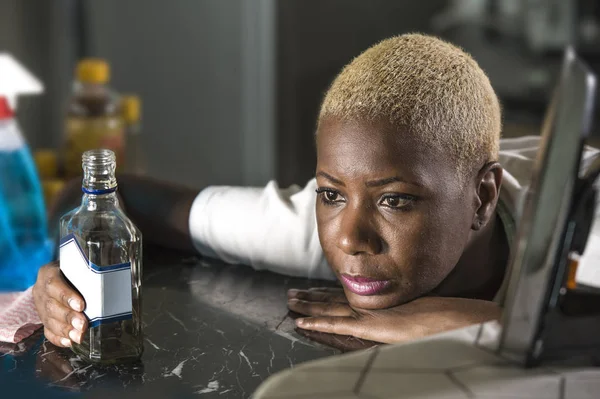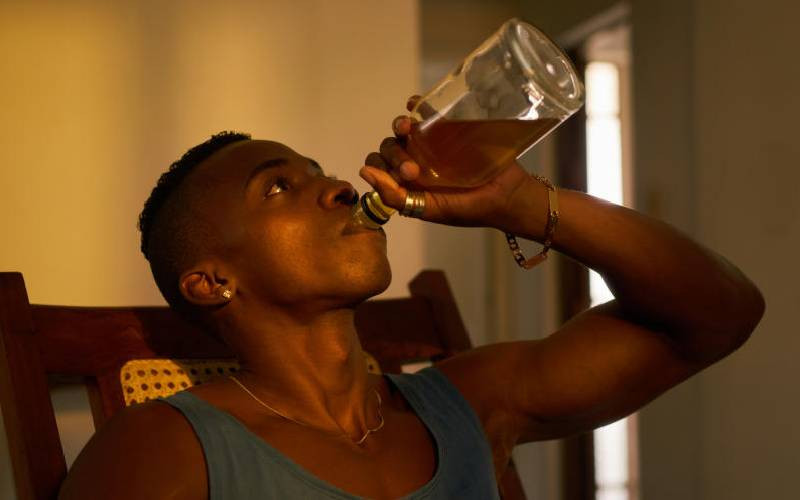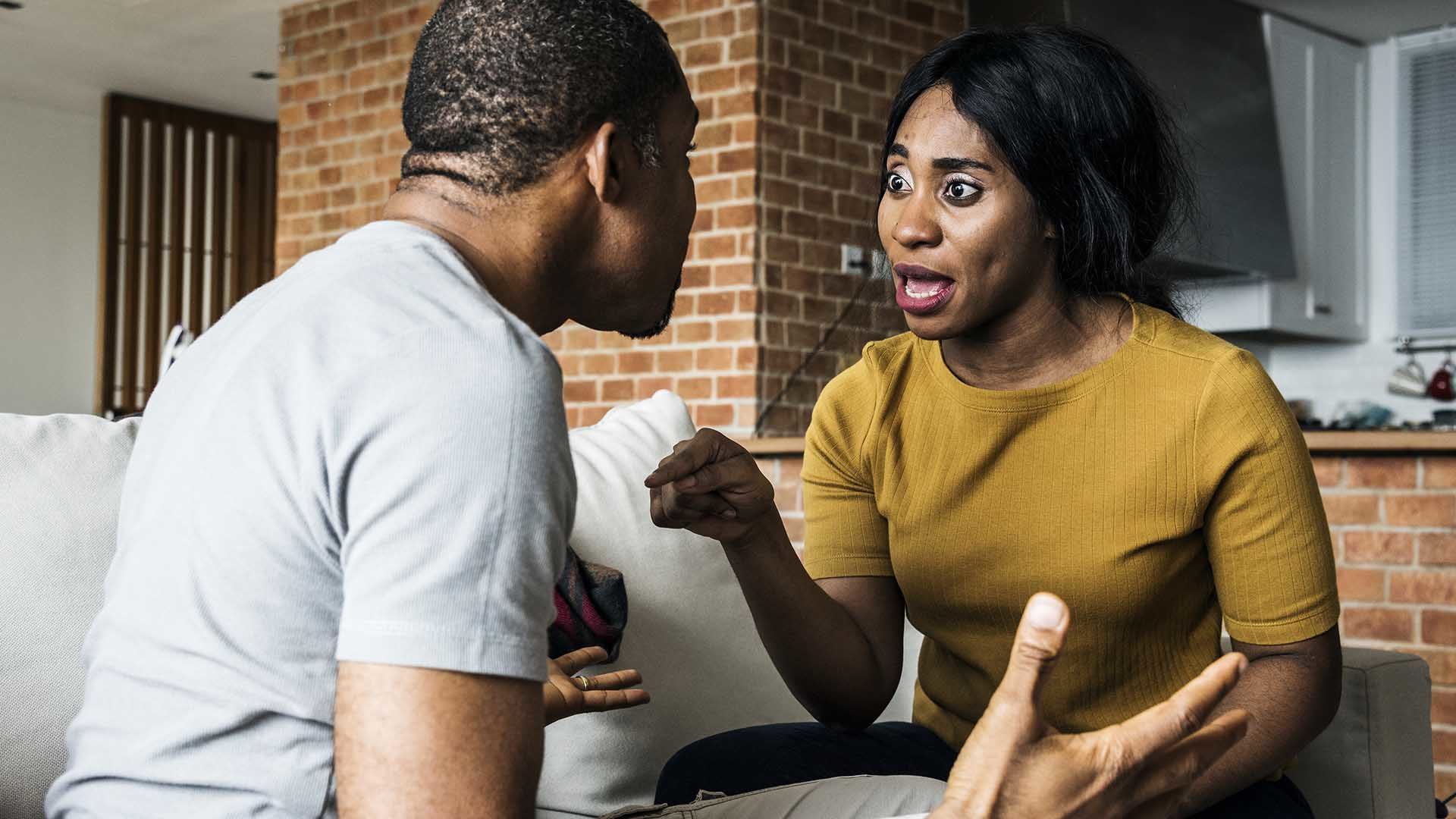

Excessive alcohol consumption has a negative impact on you and those around you.
Sharing a laugh with friends over a cold drink or enjoying a relaxing glass of wine at home can be a fun part of life.
But when drinking alcohol turns into a habit that's hard to control, it can have serious consequences, not just for your own health, but also for your relationships with loved ones.
The downside of drinking too much
Alcohol abuse, also called heavy drinking, can lead to problems with your body, your mind, and how you get along with the people who care about you. It affects your brain, which controls everything you do, from thinking clearly to feeling happy. When you drink too much, your brain can't work as well.

This can lead to problems like:
- Slurred speech: It becomes hard to talk properly.
- Memory problems: You might forget what happened the night before.
- Poor coordination: You might stumble or bump into things.
- Mood swings: You might feel happy one minute and angry the next.
Over time, heavy drinking can also lead to serious health problems like liver damage, heart disease, and even some types of cancer.
How alcohol abuse hurts relationships
When you're struggling with alcohol abuse, it can be tough to maintain healthy relationships.

Here are some ways it can affect the people you care about:
- Broken trust: If you make promises you can't keep due to drinking, or lie about how much you're drinking, it can damage trust in your relationship.
- Increased arguments: Alcohol can lower your inhibitions, making you more likely to say or do things you regret later, leading to arguments and hurt feelings.
- Neglected responsibilities: When you prioritise drinking over spending time with loved ones or taking care of your responsibilities, it can cause resentment and frustration.
- Domestic violence: In some cases, alcohol abuse can increase the risk of violence in relationships.
Impact on specific relationships
The way alcohol abuse affects your relationships can differ depending on who you're with:
- Romantic relationships: Alcohol abuse can lead to problems with intimacy, communication, and overall relationship satisfaction.
- Friendships: Friends might become worried about you and distance themselves, or friendships might revolve around drinking together, which isn't healthy.
- Family relationships: Drinking too much can strain relationships with parents, children, and siblings.
Getting help
If you're worried about your drinking or its impact on your relationships, it's important to know that you're not alone. There are many resources available to help you cut back or quit drinking altogether. Here are some tips:
- Talk to someone you trust: Share your concerns with a friend, family member, doctor, or therapist.

ALSO READ: Doctor wants you to stop drinking alcohol at this age — if you love yourself
- Join a support group: Connecting with others who are facing similar challenges can be motivating and helpful.
- Explore treatment options: There are different types of treatment available, from therapy to medication.
Taking care of yourself includes taking care of your relationships. By addressing your alcohol abuse, you can improve your health and rebuild trust with the people who matter most.
This content was created with the help of an AI model and verified by the writer.
Read Full Story












Facebook
Twitter
Pinterest
Instagram
Google+
YouTube
LinkedIn
RSS